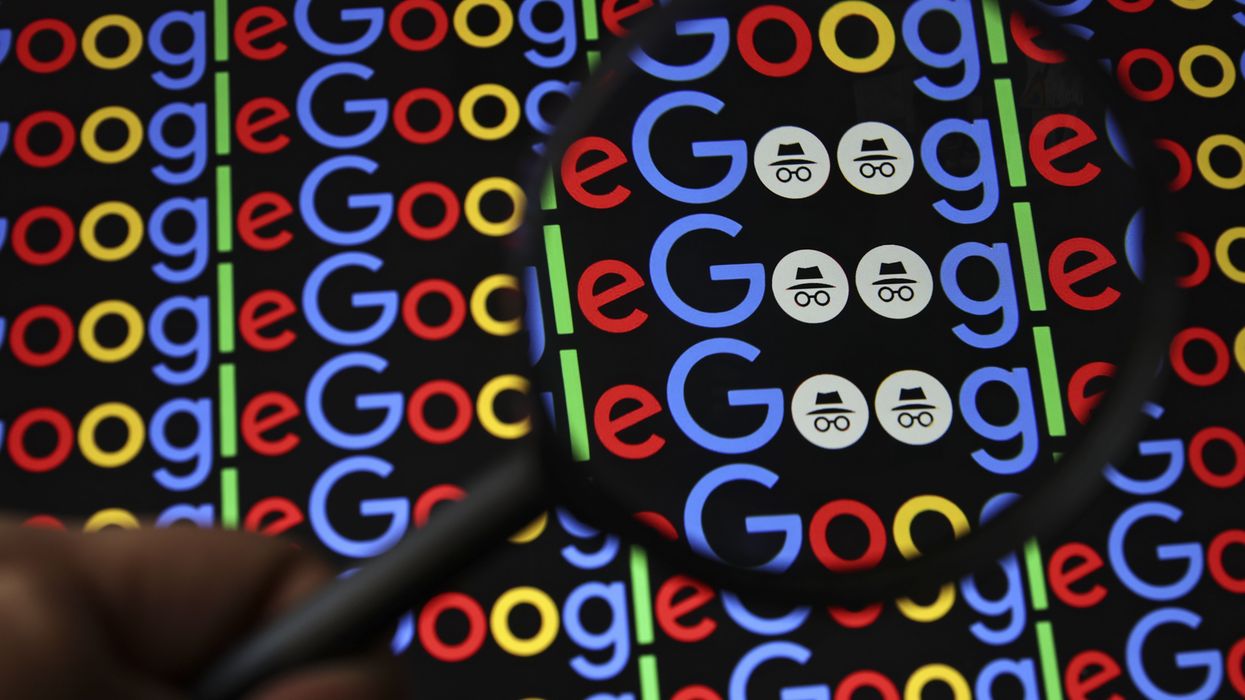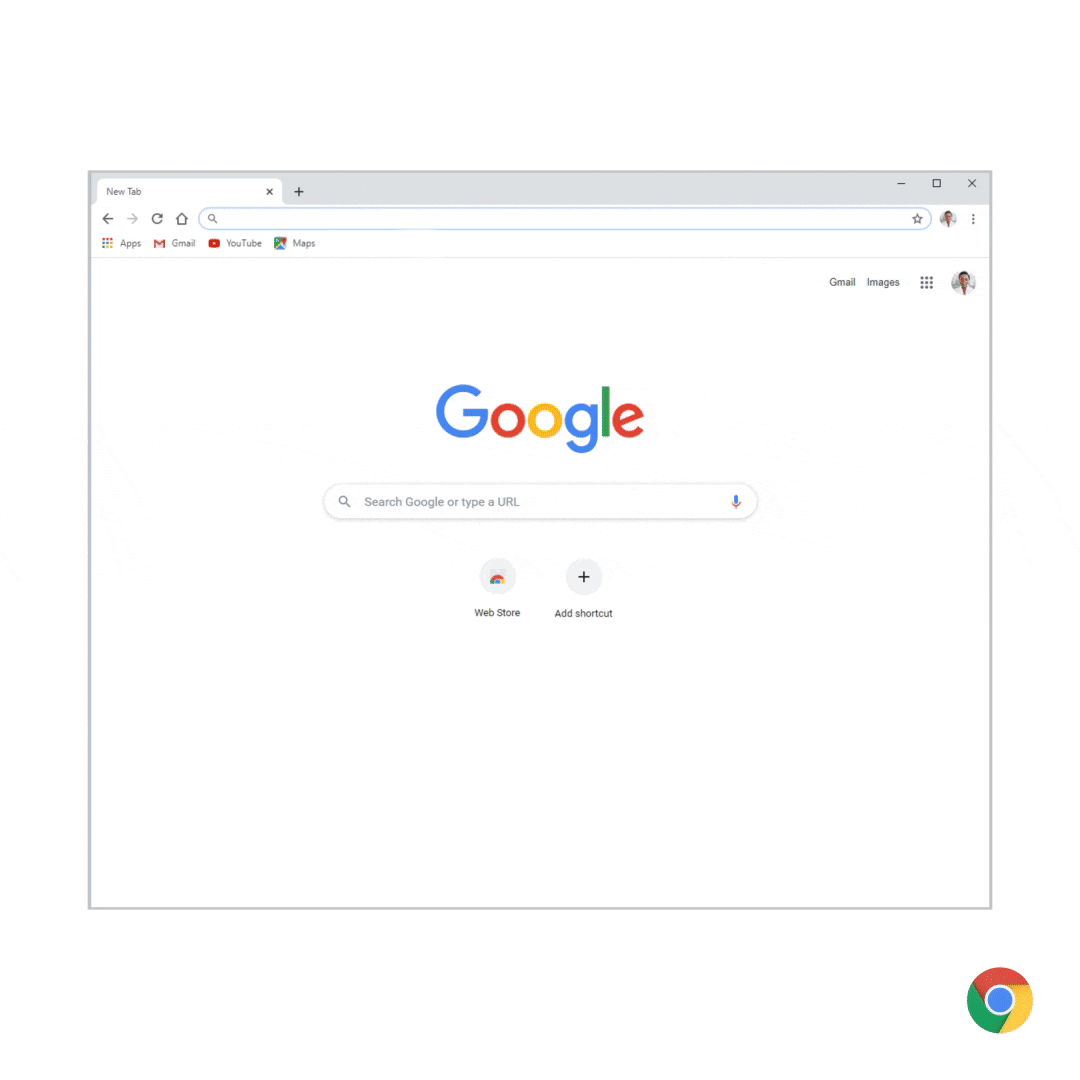Google pledges to delete web browsing data on millions of people collected when using Incognito Mode

Google has proposed a settlement to end the lawsuit over its private browsing feature built into Chrome, dubbed Incognito Mode
| GETTY IMAGES
If accepted, the settlement would end a class action lawsuit seeking $5 billion in damages
- Google has pledged to delete browsing data stored on millions of people
- Data was siphoned during private browsing sessions with Incognito Mode
- Google has already changed the disclaimer on its Chrome web browser
- Mass wiping of billions of records would end class action lawsuit
Don't Miss
Most Read
Google will destroy billions of records of web browsing data collections from Chrome users who used its private browsing feature, known as Incognito Mode. The offer was made as part of a proposed settlement to the Brown v. Google class action lawsuit in the United States.
If approved by a California federal judge, the settlement would end the four-year class action suit filed on behalf of 136 million Google users.
Elsewhere, the settlement to the 2020 lawsuit proposes that Google would update its data collection disclosures on Google Chrome and maintain a setting that automatically blocks third-party cookies by default within the web browser for the next five years.
The latest proposal from Google comes months after the Mountain View-based firm changed the disclaimer that appears for users worldwide who launch an Incognito Mode browser session, warning about the data collection still taking place behind the scenes.

Earlier this year, Google Chrome added the ability to block third-party cookies automatically when using Incognito Mode ...but the latest change to the disclaimer, shown in the animated GIF above when it switches to private browsing for the first time, confirms that data is still tracked
| GOOGLEMany mistakenly believe that Incognito Mode and other “private” modes block all tracking in web browsers. In reality, these modes only stop your browser from recording internet history, any information entered into forms, and cookies on your device.
The class action lawsuit accused Google of misleading millions of people who rely on its Google Chrome web browser about how private Incognito Mode truly is. It claimed the firm told users their session would be private — even as it continued to track their activity. Google defended its practices, saying Chrome users are warned that Incognito Mode “does not mean ‘invisible’”.
According to the latest court filing, Google's proposed settlement would be valued at $5 billion — ending the class action lawsuit without awarding damages to any of the 136 million Google users impacted by the data-collection by Incognito Mode. The suit has initially asked for $5,000 in damages per user, citing offences related to federal wiretapping and California privacy laws.
The $5bn valuation is the result of a calculation of the value of data that Google has stored on its servers and would be forced to destroy permanently. It also includes the loss of future data that the US search company would otherwise siphon. Any data not outright deleted will be de-identified, so that it's no longer linked to any individual Google Chrome users.
Even though compensation won't be awarded automatically, there's nothing in the settlement to stop individuals from suing for damages. In fact, some already have. Just a few days after the settlement was first proposed by Google lawyers, a group of 50 Google Chrome users filed a separate lawsuit in California State Court over privacy concerns around Incognito Mode.
“We never associate data with users when they use Incognito mode,” a spokesperson for Google said. “We are happy to delete old technical data that was never associated with an individual and was never used for any form of personalisation.”
LATEST DEVELOPMENTS
- Standout feature in Windows 10 and Windows 11 banned by US lawmakers
- Unlock 3 months of VPN for FREE in latest NordVPN sale
- Upgrade your ageing Sky+ box or lose access to ALL channels, Sky warns
David Boies, who represents the plaintiffs, told The Wall Street Journal: “This settlement is an historic step in requiring honesty and accountability from dominant technology companies."










